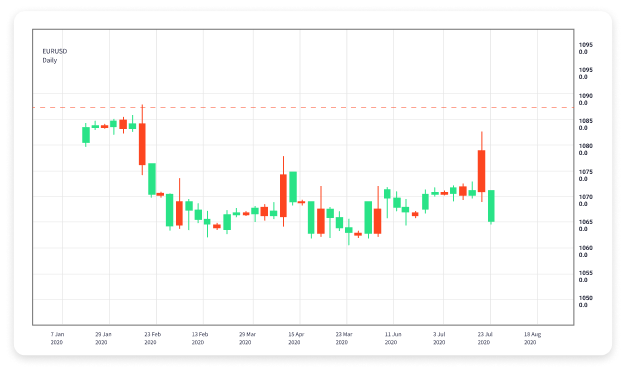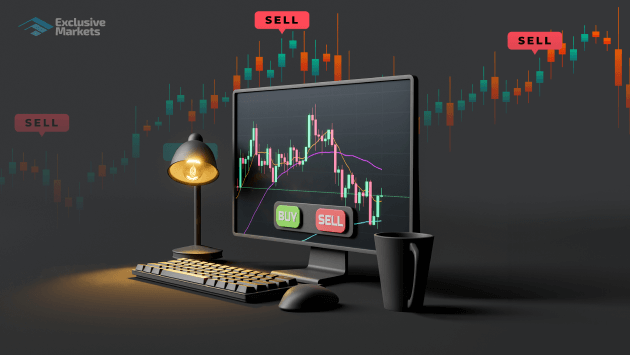
Forex trading, also known as foreign exchange trading, has gained immense popularity over the past few decades. With the potential for high returns, many traders are drawn to this market. However, understanding forex trading regulations Forex Trading Apps and the regulations surrounding it is crucial for both new and experienced traders. This article will delve into the key aspects of Forex trading regulations, their significance, and what every trader should know to ensure compliance.
What Are Forex Trading Regulations?
Forex trading regulations refer to the set of rules and standards put in place by various financial authorities globally to oversee and control the Forex market. These regulations ensure the integrity, transparency, and fairness of trading practices, protecting both traders and the financial system at large.
The Importance of Forex Regulations
Forex regulations serve multiple purposes, which include protecting traders from fraud, ensuring fair trading practices, and maintaining market integrity. Here are some key reasons why regulations matter:
- Investor Protection: Regulations help safeguard investors’ funds, ensuring that brokers operate in a transparent manner and maintain the required capital reserves.
- Market Integrity: By enforcing rules on trading practices and reporting requirements, regulatory bodies foster a fair and stable market environment.
- Fraud Prevention: Regulations help deter fraudulent activities and scams, giving traders confidence in the Forex market.
- Dispute Resolution: Regulators often provide mechanisms for resolving disputes between brokers and traders, adding an additional layer of security for investors.

Key Regulatory Authorities
Different countries have established regulatory bodies to oversee Forex trading within their jurisdictions. Here are some of the most prominent regulatory authorities globally:
- The Commodity Futures Trading Commission (CFTC) – USA: This US regulatory body oversees the derivatives markets, including Forex. It ensures that brokers follow strict guidelines to protect traders.
- The National Futures Association (NFA) – USA: Acting as a self-regulatory organization, the NFA regulates Forex brokers in the United States, promoting ethical practices and protecting investors.
- The Financial Conduct Authority (FCA) – UK: The UK’s FCA is known for its strict regulations, promoting market integrity and protecting consumers. Brokers operating in the UK must adhere to these rules.
- The Australian Securities and Investments Commission (ASIC) – Australia: ASIC regulates Forex trading in Australia, enforcing compliance and maintaining investor confidence.
- The International Financial Services Commission (IFSC) – Belize: While Belize is often seen as a favorable jurisdiction for Forex brokers, the IFSC’s regulatory framework has raised concerns regarding investor protection.
Understanding Different Regulatory Standards
Different jurisdictions impose varying regulatory standards. Below are some of the critical aspects of regulatory compliance:
- Licensing: Brokers must obtain licenses from regulatory bodies to operate legally. This licensing process typically involves meeting specific financial stability and ethical standards.
- Capital Requirements: Many regulatory authorities require brokers to maintain a minimum capital reserve to safeguard clients’ funds and ensure broker solvency.
- Segregation of Funds: Regulators often mandate that brokers keep traders’ funds in segregated accounts, separate from the brokers’ operational funds, to further protect investors.
- Reporting Obligations: Brokers may have to submit regular financial and operational reports to regulators to ensure compliance with laws and regulations.
- Client Verification: Regulatory frameworks often require brokers to perform due diligence on their clients, including Know Your Customer (KYC) procedures to prevent fraud and money laundering.
The Impact of Regulations on Traders

Understanding and navigating Forex regulations can significantly impact traders’ experiences and success. Here are a few ways in which regulations affect traders:
- Choice of Broker: Depending on the regulatory environment, traders should carefully choose their brokers to ensure they are dealing with a legitimate and compliant entity.
- Trading Conditions: Regulations can influence trading conditions, such as leverage limits and margin requirements, affecting traders’ strategies and risk management.
- Security of Funds: Regulations dictate how brokers handle clients’ funds, impacting the level of security and peace of mind available to traders.
- Access to Dispute Resolution: Being aware of the regulatory authority associated with a broker can help traders understand the avenues available for resolving potential disputes.
Challenges in Adhering to Regulations
While regulations are crucial for maintaining the integrity of the Forex market, there are challenges both brokers and traders face in adhering to these standards:
- Complexity of Regulations: Navigating the myriad of regulations across different jurisdictions can be complicated and overwhelming for traders.
- Changing Regulatory Landscapes: Regulations are subject to change, and keeping updated with new standards is essential but can be resource-intensive.
- Costs of Compliance: Brokers may incur significant costs associated with compliance, which can negatively impact their offerings to traders.
- Limited Access to Certain Markets: Regulatory restrictions can sometimes limit access to specific Forex markets or instruments for traders in certain regions.
Conclusion
Forex trading regulations play a critical role in ensuring a safe and equitable trading environment. It is essential for traders to understand the regulatory landscape and choose compliant brokers to protect their investments. While regulations can present challenges, they ultimately contribute to the market’s integrity and stability. By staying informed and compliant, traders can enhance their trading experience and navigate the Forex market with greater confidence.

